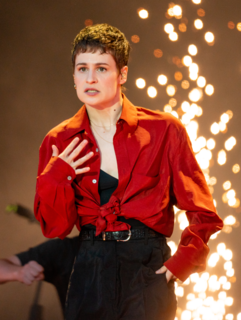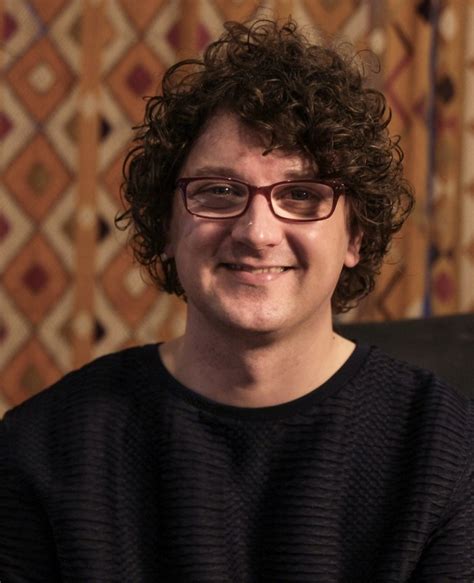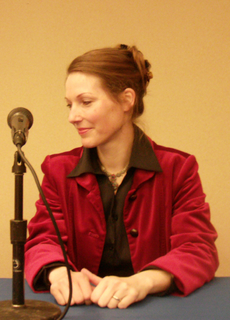A Quote by Helen Fisher
Barriers tend to intensify romance. It's called the 'Romeo and Juliet effect.' I call it 'frustration attraction.'
Quote Topics
Related Quotes
Here is something that Peach, one of the Casserole Queens, says about men and women and love. You know that scene in Romeo and Juliet, where Romeo is standing on the ground looking longingly at Juliet on the balcony above him? One of the most romantic moments in all of literary history? Peach says there's no way that Romeo was standing down there to profess his undying devotion. The truth, Peach says, is that Romeo was just trying to look up Juliet's skirt.
Romeo wants Juliet as the filings want the magnet; and if no obstacles intervene he moves towards her by as straight a line as they. But Romeo and Juliet, if a wall be built between them, do not remain idiotically pressing their faces against its opposite sides like the magnet and the filings with the card. Romeo soon finds a circuitous way, by scaling the wall or otherwise, of touching Juliet's lips directly. With the filings the path is fixed; whether it reaches the end depends on accidents. With the lover it is the end which is fixed, the path may be modified indefinitely.
I love William Shakespeare. He wrote some of the rawest stories. I mean look at Romeo and Juliet. That's some serious ghetto expletive. You got this guy Romeo from the Bloods who falls for Juliet, a female from the Crips, and everybody in both gangs are against them. So they have to sneak out and they end up dead for nothing. Real tragic stuff.
I wanted to make a real love story with a bad ending, because a love story that ends good is the life of everyone - you and I, for example. I always say to people, You know, if Romeo and Juliet got married, nobody would care about them. Imagine Romeo and Juliet, six kids yelling, mama, mama, papa, papa.




































